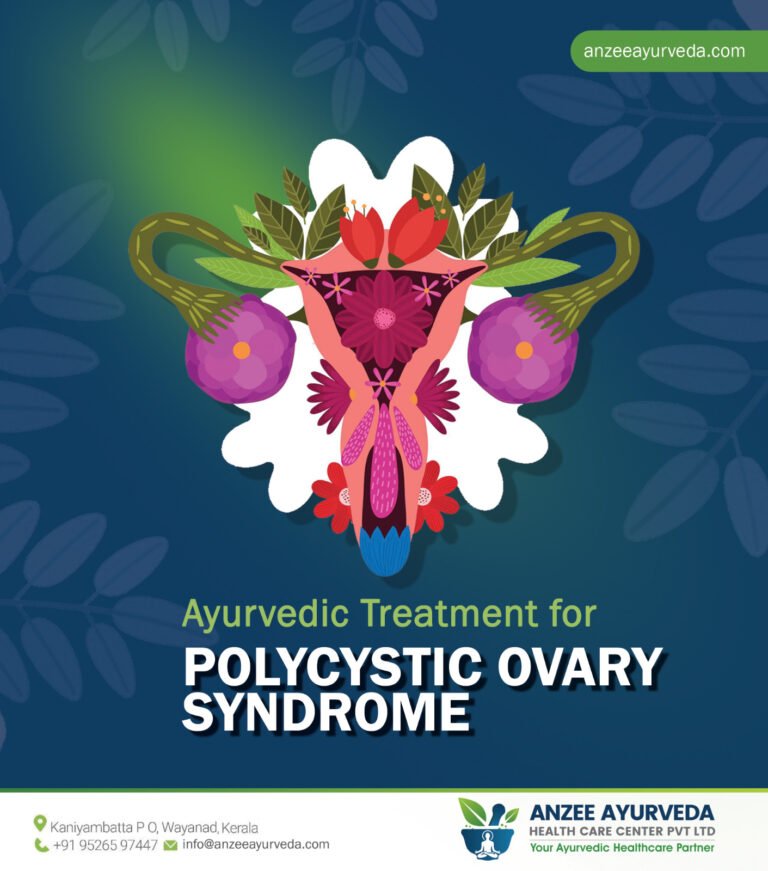World Autism Awareness Day is observed every year on April 2nd to raise awareness and understanding of autism spectrum disorders (ASD) and to support individuals living with ASD. Autism is a complex neurodevelopmental disorder that affects communication, social interaction, and behavior. While there are many conventional treatments available for autism, some individuals and families choose to explore alternative approaches, such as Ayurveda.
Ayurveda is a traditional system of medicine that originated in India more than 5,000 years ago. It is based on the belief that health and wellness depend on a delicate balance between the mind, body, and spirit. Ayurveda uses a holistic approach to healing, focusing on the root cause of the problem rather than just treating the symptoms.

In Ayurveda, autism is believed to be caused by an imbalance of the three doshas: Vata, Pitta, and Kapha. Each dosha is associated with specific qualities and functions in the body, and an imbalance in any one of them can cause health problems. Autism is thought to be primarily a Vata disorder, characterized by an imbalance in the nervous system and sensory processing.
Ayurvedic treatments for autism focus on balancing the Vata dosha and calming the nervous system. Here are some of the Ayurvedic approaches to autism:
Diet: Ayurveda emphasizes the importance of a healthy diet for overall health and well-being. For individuals with autism, an Ayurvedic practitioner may recommend a diet that is high in healthy fats, such as ghee and coconut oil, and low in sugar and processed foods. Certain herbs and spices, such as turmeric, ginger, and ashwagandha, may also be recommended to support the nervous system.
Massage: Ayurvedic massage, known as Abhyanga, can help to calm the nervous system and reduce stress and anxiety. Massage with warm herbal oils is particularly beneficial for individuals with autism, as it helps to balance the Vata dosha.
Yoga and meditation: Yoga and meditation can be helpful for individuals with autism, as they promote relaxation and reduce stress and anxiety. Gentle yoga poses and breathing exercises can help to calm the nervous system and improve focus and concentration.
Ayurvedic herbs: Ayurvedic herbs, such as Brahmi, Shankhapushpi, and Jatamansi, are often used to support brain function and improve cognitive abilities. These herbs are thought to help improve memory, attention, and learning abilities.
While Ayurvedic treatments may not be a cure for autism, they can be a helpful complementary approach to conventional treatments. It’s important to work with a qualified Ayurvedic practitioner to develop an individualized treatment plan that is tailored to your specific needs and health goals.
On World Autism Awareness Day, let’s commit to exploring all available options for supporting individuals with autism, including alternative approaches like Ayurveda. By working together, we can create a world that is more inclusive and supportive of individuals with autism.





